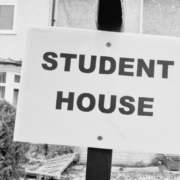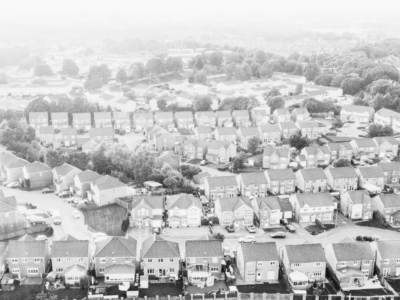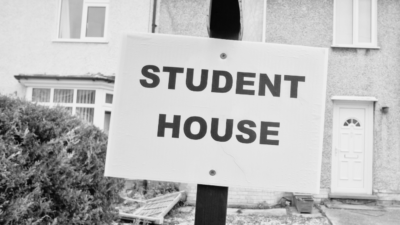As the number of COVID-19 cases rises above 2,600, the Government has announced a spending package to support rough sleepers in their efforts to self-isolate.
Communities Secretary Robert Jenrick unveiled £3.2 million in funding to make this possible. This extra spending is just the first step of many to help local authorities cope with the number of rough sleepers requiring accommodation. Councils providing accommodation and services for those who need them can expect to be fully reimbursed.
This new funding is to be made in addition to the Government’s £643 million initiative to end homelessness and rough sleeping by 2024.
Last Christmas, Property Notify shone a spotlight on the issue of homelessness, which is estimated to have cost as many as 3,300 lives since 2013.
Rough sleeping: the latest statistics
This week’s announcement will come as welcome news to many. Research by Crisis in 2016 suggested as many as 8,000 people were sleeping rough that year. If left unchecked, it was suggested that this number could rise as high as 15,000 by 2026.
The majority of rough sleepers (84 per cent) are male, with 80 per cent aged 26 or over. Some of the most vulnerable rough sleepers are the youngest: six per cent of them are believed to be aged 25 or younger.
For many years, structural factors such as a lack of housing supply, as well as insecure employment and wealth inequality, have been cited as reasons why people are increasingly sleeping rough in the UK.
Poor living conditions experienced by rough sleepers mean they have difficulty maintaining good personal hygiene, and they often struggle to feed themselves properly. These factors all contribute to poor physical and mental health, meaning that the average rough sleeper has an average life expectancy of just 43 years.
It is claimed that as many as one third of those sleeping rough aren’t registered with a GP, meaning that anyone who finds themselves living in adverse living conditions while suffering from some form of illness is simply unable to get the medical attention they need.
COVID-19 response fund takes shape
The announcement to support rough sleepers is just one part of a larger £5 billion COVID-19 Response fund, which was unveiled in the 2020 Budget last week.
Communities Secretary Mr Jenrick commented: “Public safety and protecting the most vulnerable in society from coronavirus is this government’s top priority…The initial funding that I’ve announced today will ensure councils are able to put emergency measures in place to help some of the most vulnerable people in our society to self-isolate.”
Dr Yvonne Doyle, medical director at Public Health England, helped explain the move. “People sleeping rough are often in poor health and are particularly vulnerable. That’s why this funding is so important, ensuring that rough sleepers who get symptoms have somewhere safe and protective to stay, and helping to prevent the spread of the infection.”





















Comments